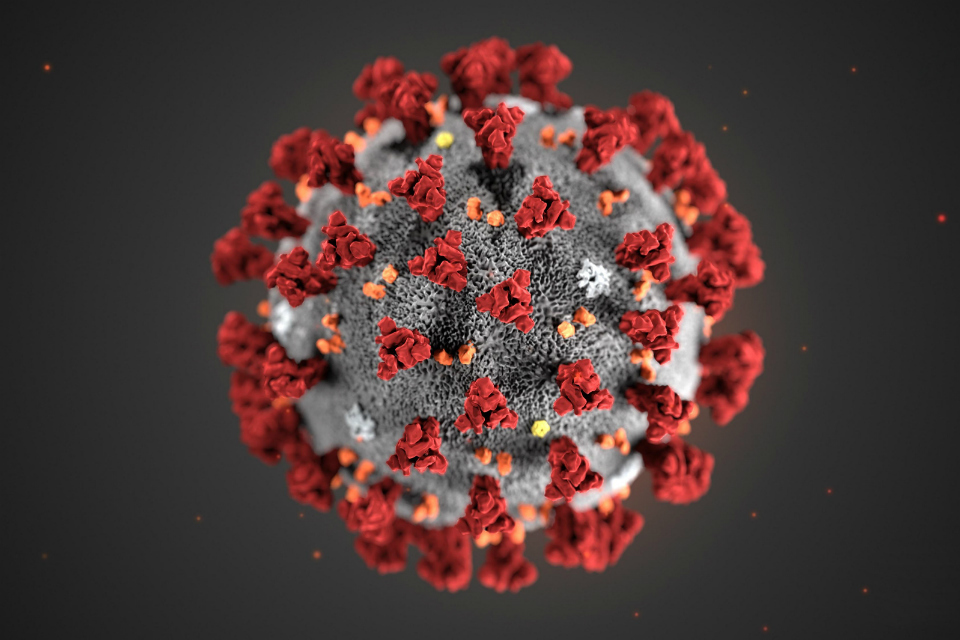
Latest findings from COVID-19 study published
Published By GOV.UK [English], Thu, Nov 12, 2020 9:19 AM
Over 160,000 volunteers tested in England for one of the country’s largest COVID-19 studies
Study provides a baseline to monitor COVID-19 infections during national lockdown restrictions
The full results from the sixth report of one of the country’s largest studies into COVID-19 infections in England have been published today by Imperial College London and Ipsos MORI. It follows the publication of the interim findings at the end of October.
Over 160,000 volunteers were tested in England between 16 October and 2 November to examine the levels of infection in the general population. The findings announced today show infections rose sharply across the country with over 1 in 80 people infected, double that reported by REACT in early October.
The main findings from the sixth REACT study show that between 16 and 2 November:
prevalence of infection was 1.3%, meaning 130 people per 10,000 were infected, up from 60 people per 10,000 in the previous report
regional prevalence of infection was highest in the North West (2.4%, up from 1.2%), Yorkshire and The Humber (2.3% up from 0.84%) and lowest in South East (0.69% up from 0.29%) and East of England (0.69% up from 0.30%)
since the last REACT report in early October, the virus has been doubling every 24 days
prevalence increased across all age groups
the epidemic has progressed from specific at-risk groups to a more generalised pattern of transmission
These results provide a baseline for reporting and monitoring the spread of COVID-19 during national lockdown.
Professor Paul Elliott, director of the programme at Imperial, said:
Our latest round of REACT testing offers robust data on England’s coronavirus situation up until just three days before the country entered its second nation-wide lockdown. We’ve shown that the prevalence of infection has remained high, reinforcing the need for people to act to help bring infections down and control the virus.
These important data will be a critical baseline from which to determine if the new measures are effective at curbing the growth of the epidemic.
The data shows high level of infections before national lockdown and it is clear that without national action, infections, hospitalisations and deaths would continue to increase. The effect of national measures to reduce transmission of the virus would be expected to take some time to reflect in infection numbers.
The government has been continuously guided by the advice of experts from SAGE from the outset and the government’s response has helped to ensure the NHS is not overwhelmed. It is vital people follow the rules over the coming weeks to bring the transmission rates back down and get back to normality as soon as possible.
Kelly Beaver, Managing Director of Public Affairs at Ipsos MORI said:
The conclusion of another round of the REACT study highlights the importance of real time tracking of COVID-19 across England. We are incredibly grateful to all those members of the public who have volunteered to take part and encourage those who are currently receiving letters for Round 7 to participate in the next round of the study.
This report is the latest from the REACT study which was commissioned by DHSC and carried out by a world-class team of scientists, clinicians and researchers at Imperial College London, Imperial College Healthcare NHS Trust and Ipsos MORI.
Notes to editors
view the pre-print report
read more information on the Real-time Assessment of Community Transmission (REACT) programme of work
this study falls under Pillar 4 of the COVID-19 National Testing Programme, which focuses on mass surveillance in the general population
Press release distributed by Media Pigeon on behalf of GOV.UK, on Nov 12, 2020. For more information subscribe and follow